
Prednisone is a medication that belongs to a group of corticosteroids. This synthetic corticosteroid is used in treatment of many illnesses. It is highly effective against asthma and many allergies in children and can be also administered in case of certain skin conditions. Furthermore, this medication can help children suffering from arthritis and leukemia signs in children. Even certain nervous system disorders and endocrine illnesses (adrenocortical insufficiency and congenital adrenal hyperplasia) can be successfully treated with this medication. Apart from being very effective against numerous illnesses Prednisone also has many potential side effects which must be taken into consideration once the doctor decides to start with treatment.
Some Facts about Prednisone
Prednisone is in a form of pills and the dose of a pill varies from 2 and a half milligrams to 50 milligrams. There is one more form of medication called methylprednisolone which is administered via injections. Injections of Prednisone are generally given to children who have problems with swallowing Prednisone pills.
The medication is highly effective against many diseases including respiratory, gastrointestinal, kidney, hematologic and ophthalmic disorders. The dose of Prednisone depends on the disease and the age of a patient. Children are generally prescribed smaller doses comparing to adults suffering from the same illness.
Side Effects of Prednisone in Children
There are many potential side effects of Prednisone and they generally occur if the drug is taken in high doses or for a long period of time. The most common side effect is adrenal suppression. The intake of Prednisone suppresses normal production of corticosteroids in the body. This is why it is essential once the doctor decides to discontinue Prednisone to do it gradually so that the body can start producing corticosteroids on time. Furthermore, Prednisone may cause increase in blood sugar levels in children (as well as adult patients). There is also a connection between this medication and onset of mania, insomnia and euphoria.
Children who are taking Prednisone are more susceptible to infections (cold, flu and other respiratory infections). It is important not vaccinate a child during treatment with Prednisone with certain vaccines which contain life viral particles. Furthermore, intake of Prednisone in children is associated with slower growth of bones and decreased weight gain, increase in appetite and consequent weight gain, pain in muscles and joints. Fatigue, weakness and headaches are several more side effects of Prednisone in children. And finally, the medication can induce allergic reactions which generally occur in a form of itching, hives, swelling of the throat, mouth or face, breathing difficulties and skin rashes.



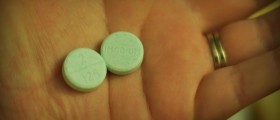

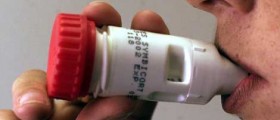
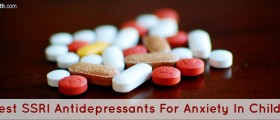
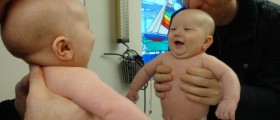
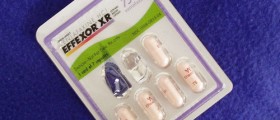





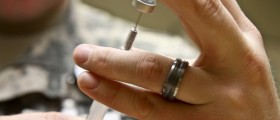
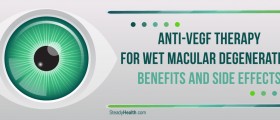

Your thoughts on this
Loading...